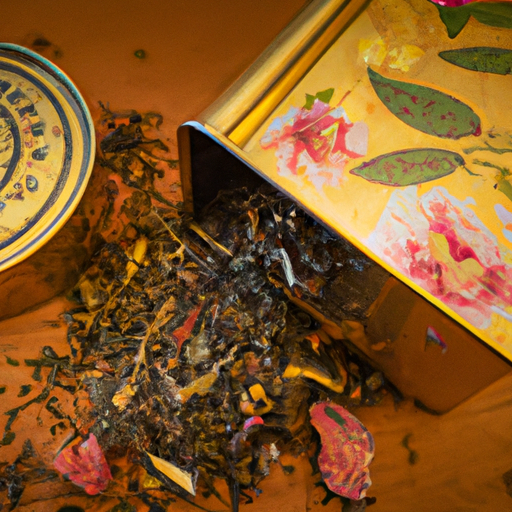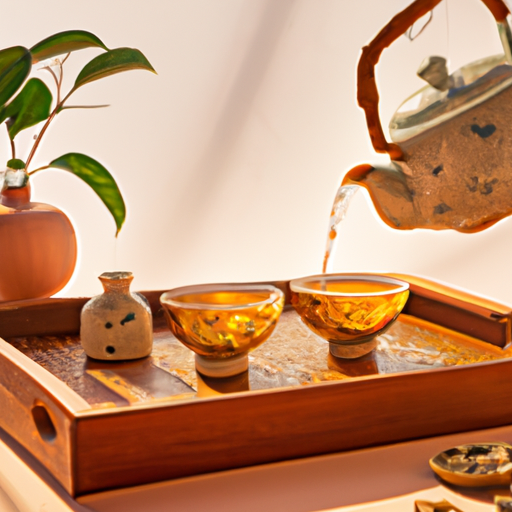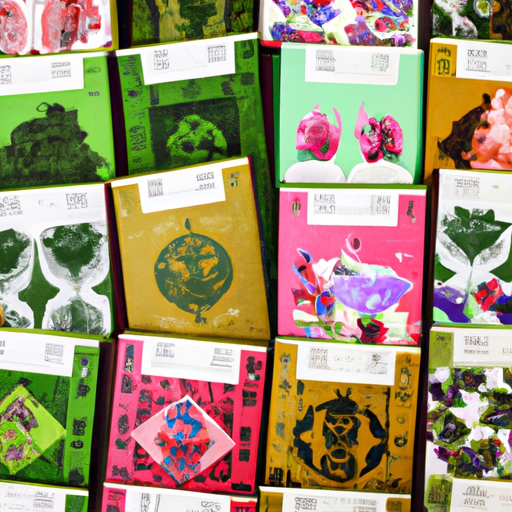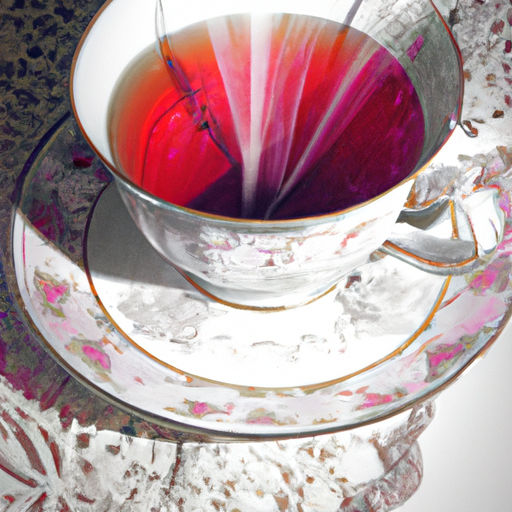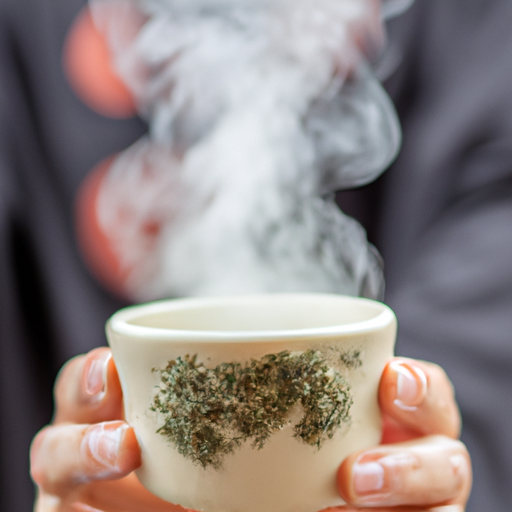Tea leaves, like many other perishable goods, have a limited shelf life. However, the expiration of tea leaves is not as straightforward as it may seem. Just like a delicate flower, tea leaves can lose their aroma, color, and flavor if not handled and stored properly.
In this article, I will uncover the truth about the shelf life of tea leaves and provide you with valuable insights on how to extend their freshness.
Tea comes in various types, each with its own unique characteristics and expiration dates. Green tea, for instance, is more delicate and should ideally be consumed within 6 months of purchase. On the other hand, black tea can last for 2-3 years, while oolong tea is best used within 6 months. Fermented teas, however, have the longest shelf life, often lasting for decades.
But what factors affect the shelf life of tea? How can you properly store tea to maintain its freshness? In this article, I will delve into the types of tea shelf life, the factors that impact it, and provide you with essential tips for storing your tea leaves.
So, let’s unravel the mysteries of tea shelf life together.
Key Takeaways
- Tea leaves can expire due to storage conditions and exposure to air, mold, heat, or water.
- Properly stored tea can still be safe to use even after the expiration date.
- Different types of tea have different shelf lives, with green tea being more delicate and needing to be consumed within 6 months of purchase.
- To prolong the shelf life of tea leaves, store them away from heat, sunlight, damp places, and sources of mold, and avoid opening the packaging too often.
Types of Tea Shelf Life
Black tea typically has a shelf life of over 2-3 years, while lightly oxidized oolong tea is best used within 6 months. The longevity of different tea varieties depends on their level of oxidation and processing.
Black tea, being fully oxidized, can withstand longer storage periods without losing its flavor and aroma. On the other hand, lightly oxidized oolong tea retains its freshness for a shorter duration.
To preserve tea freshness, it is crucial to store it properly. Tea leaves should be kept away from heat, sunlight, and moisture, as these factors can accelerate the expiration process. It’s recommended to seal the tea packaging tightly to prevent exposure to air and oxygen.
Additionally, opening the packaging sparingly and using tea within a few weeks to months after opening can help maintain its quality. By following these guidelines, tea lovers can enjoy their favorite brews at their best for an extended period.
Factors Affecting Tea Shelf Life
One important factor affecting the shelf life of tea is proper storage conditions. The impact of aging on tea flavor is a key consideration when it comes to tea leaves expiring. As tea ages, it undergoes chemical changes that can affect its taste, aroma, and overall quality.
Common mistakes in tea storage can accelerate the aging process and lead to the deterioration of the tea leaves. For example, exposure to air, moisture, heat, and sunlight can all have negative effects on the tea’s flavor and freshness. It’s important to store tea in airtight containers, away from direct sunlight and sources of heat, to maintain its quality for a longer period.
Additionally, using wet spoons or not sealing the packaging properly can introduce moisture and spoil the tea leaves. By following proper storage practices, tea lovers can ensure that their tea leaves remain fresh and flavorful for an extended period.
Tips for Properly Storing Tea
When storing my favorite beverage, I always make sure to find a cool, dark spot that shields it from any potential harm. To prolong the shelf life of tea leaves, I highly recommend vacuum sealing them or using airtight containers. These methods help prevent exposure to air, which can lead to oxidation and loss of flavor.
Vacuum-sealed bags are particularly effective for storing tea in the fridge, as they provide an extra layer of protection against moisture and odors. Airtight containers, on the other hand, are great for storing tea at room temperature. Remember to seal the tea pouch tightly and avoid opening the packaging too often.
Additionally, it’s important to keep tea away from heat, sunlight, damp places, and sources of mold. By following these storage tips, you can ensure that your tea leaves stay fresh and flavorful for longer.
Frequently Asked Questions
Can expired tea leaves be used for making iced tea or cold brew?
Expired tea leaves are not recommended for making iced tea or cold brew. However, they can be creatively reused in cooking, such as infusing flavors into broths or using them as a seasoning for dishes. Additionally, they can be used for composting.
How long does herbal tea last compared to other types of tea?
Herbal tea, like other types of tea, can expire due to factors such as storage conditions and exposure to air, heat, or moisture. Proper tea storage methods, such as sealing the packaging and avoiding wet spoons, can help prolong its shelf life.
Is it safe to consume tea leaves that have been stored for several years?
Yes, it is generally safe to consume tea leaves that have been stored for several years. However, it is important to note that there may be a slight decrease in flavor and aroma. As long as proper storage conditions have been maintained, there should be no significant health risks.
Can tea leaves go bad if stored in the freezer for too long?
Freezing tea leaves can help preserve their freshness for a longer period of time. However, it is important to properly store them in airtight containers to prevent moisture and odors from affecting the flavor and quality.
What are some signs that indicate tea leaves have gone bad?
Signs of spoiled tea leaves include a lack of scent or a bad scent when heated, and a bad taste when brewed. To properly store tea leaves, keep them away from heat, light, moisture, and sources of mold.
Conclusion
In conclusion, the shelf life of tea leaves varies depending on the type of tea and how it’s stored. Green tea, with its delicate nature, should be consumed within 6 months to maintain its scent, color, and flavor.
Black tea can last for 2-3 years, while oolong tea is best used within 6 months. Fermented teas have the longest shelf life, lasting for decades.
To ensure tea leaves last longer, store them away from heat, sunlight, damp places, and always seal the packaging tightly. Remember, proper storage is key to enjoying fresh and flavorful tea for longer periods.

